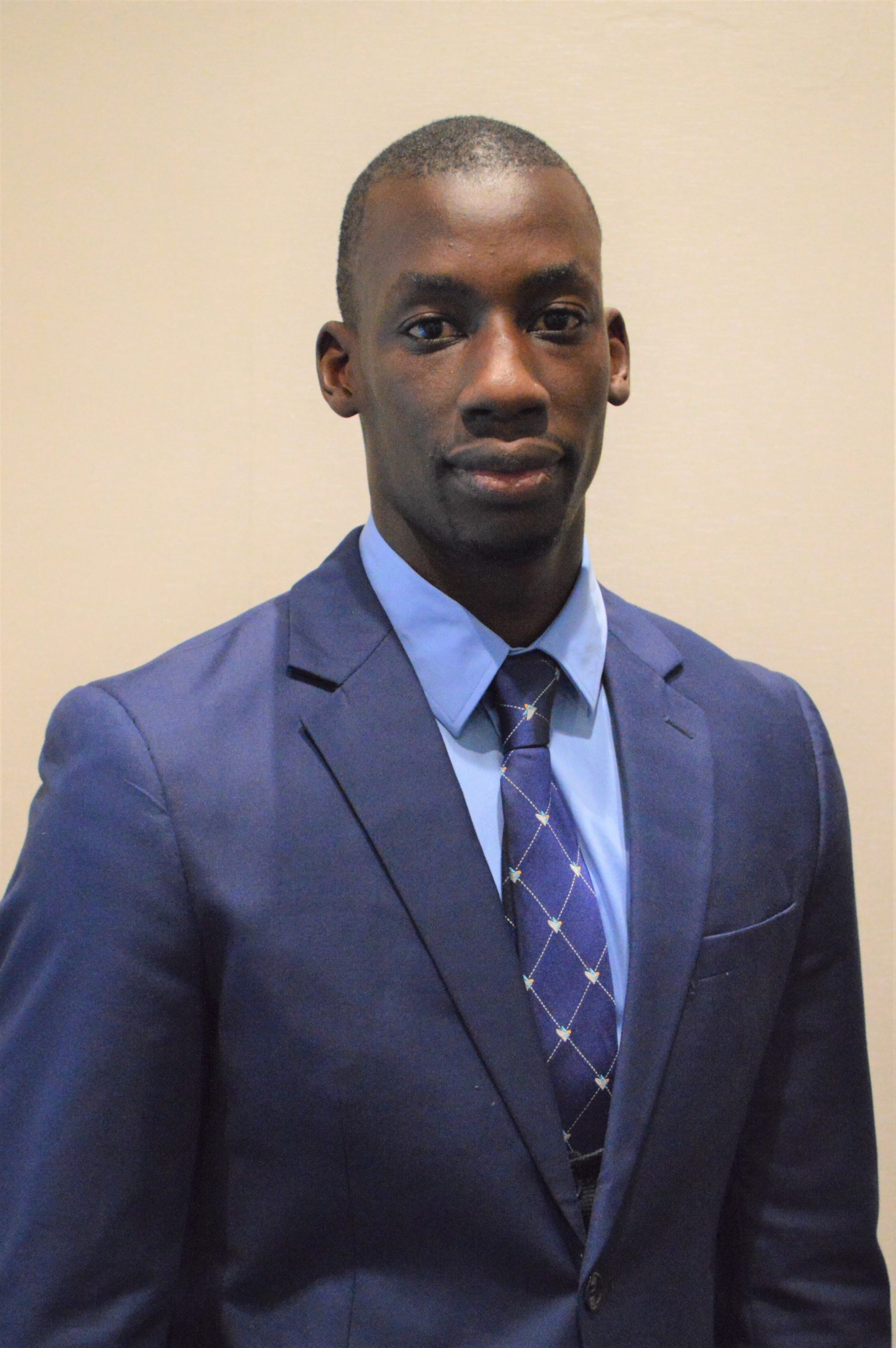Use of remittances to encourage the unbanked to open accounts—a missed opportunity
by Abdoulaye Seck
Nov 20, 2020
2 min
The activities of many entrepreneurs in Senegal require financial flexibility that banks and microfinance institutions find difficult to provide. Life would be much easier for people like Abdoulaye, if financial institutions were to partner with money transfer companies to create digital profiles and develop an alternative credit history to extend them credit. Read Abdoulaye’s story.
Financial stability is the key to financial resilience. Remittances in Senegal exceed USD 2.2 billion a year but neither do the beneficiaries have access to financial services nor are they digitally literate enough to plan for their future. In times of need, money transfers provide another means of reimbursement for the households.
Abdoulaye is a young entrepreneur who lives in the rural region of Louga, which lies in northeast Senegal. He lives in the family compound owned by his uncle, which comprises 8 adults and 15 children. Abdoulaye holds a Baccalauréat diploma and owns a business. He manages to bring home a monthly income of XOF 100 000 (USD 170) through diverse activities.
Every month, his brother, who lives in France, sends him XOF 150 000 (USD 250) through a money transfer company to contribute to the household expenses, such as food, utility bills, healthcare costs, and school fees, among others. His brother’s financial support has enabled Abdoulaye to launch his own business, as well as to start saving on an informal basis.
Abdoulaye owns a shop that sells a variety of products based on demand, which is often governed by religious celebrations that are a central part of Senegalese life. For instance, his business revolves around the sale of ceremony garments during local celebrations such as the Touba Magal or the Tabaski. In the lead up to Tabaski, he also breeds sheep and each sale brings in up to XOF 100 000 (USD 170). To increase his income, Abdoulaye also purchases sheep sometimes that he later sells at public markets. It is during this time of the year that his investment needs are the highest. When schools reopen, he focuses on the sale of school equipment. An entrepreneur at heart, Abdouldaye knows how to manage and grow his money.
Through his foresight and tenacity, Abdoulaye manages to bring home a stable income. However, as he remains in the informal sector, financial institutions are blind to his financial capabilities. He is an active member of two “tontines” ( savings groups ) and contributes up to XOF 30,000 (51 USD) per month. Simultaneously, Abdoulaye has managed to gather his own personal savings, which he keeps as working capital. It allows him to cover the costs associated with the operation of his business and the purchase of merchandise.
The nature of his business requires financial flexibility that banks and MFIs cannot provide with their high-interest rates and rigid reimbursement timelines. However, his primary and secondary incomes increase his credit rating and highlight his ability to reimburse.
Abdoulaye meets all the reliable and responsible customer characteristics set by financial institutions. However, he relies heavily on the remittances sent by his brother and on the informal borrowing and saving systems of his community.
Life would become much easier for people like Abdoulaye if financial institutions were to partner with money transfer companies to create digital profiles and develop an alternative credit history. This begs the question—how can financial institutions promote digital transactions to encourage entrepreneurs like Abdoulaye to reduce their use of cash?
 by
by  Nov 20, 2020
Nov 20, 2020 2 min
2 min
Leave comments